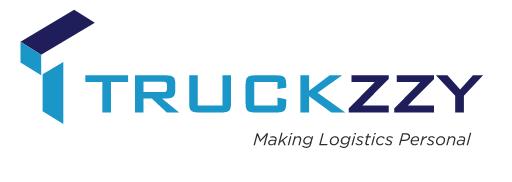The Evolution of Personalized Logistics
Traditionally, the logistics industry followed a one-size-fits-all model, primarily focusing on efficiency and cost reduction rather than customer satisfaction and engagement. Despite being effective in ensuring the timely delivery of goods, this approach often overlooked individual customer needs and preferences. As a result, it led to uniform service experiences that lacked personalization, limiting overall customer satisfaction.
With the advent of technology, particularly big data analytics, artificial intelligence (AI), and the Internet of Things (IoT), the logistics landscape has undergone a significant transformation. These technological advancements have empowered businesses to collect and analyze vast amounts of data, enabling them to offer more tailored, customer-centric services. Big data analytics allow companies to gain insights into customer behaviors and preferences, while AI helps in predicting demand and optimizing delivery routes. Consequently, companies can now provide personalized logistics solutions that prioritize the unique needs of each customer.
The integration of IoT devices further enhances the personalization of logistics by enabling real-time tracking and monitoring of shipments. This real-time data allows companies to provide accurate delivery estimates and updates, thereby considerably improving delivery times and accuracy. Customers are no longer passive recipients of services; they are now active participants with greater control and visibility over their shipments. This shift from a standardized model to a more dynamic, customer-centric approach marks a pivotal change in the logistics sector.
Several early adopters and innovators have successfully implemented personalized logistics to significant effect. For instance, e-commerce giant Amazon utilizes big data and AI to predict customer preferences and optimize inventory management. Similarly, FedEx has embraced IoT to offer real-time tracking and updates, enhancing customer engagement and trust. These examples highlight how the strategic use of technology can revolutionize logistics, making it not only more efficient but also more attuned to individual customer needs.
Benefits and Future Trends of Personalized Logistics
Personalized logistics is quickly transforming the landscape of the logistics industry, offering numerous advantages for both businesses and customers. One of the chief benefits is the enhancement of customer loyalty. When logistics services are tailored to individual preferences and needs, customers experience a higher level of satisfaction, which often results in repeat business and long-term loyalty. This personalized approach also reduces delivery errors. By leveraging precise data and analytics, companies can minimize mistakes, such as delivering packages to incorrect addresses, thereby improving the overall reliability of their delivery services.
Furthermore, personalized logistics leads to increased operational efficiency. When companies implement customized logistics solutions, they can streamline their supply chain processes, reduce lead times, and improve resource allocation. This not only boosts productivity but also translates to significant cost savings. Consequently, businesses can enjoy higher profit margins, making personalized logistics an economically viable strategy. The financial benefits extend beyond cost savings; enhanced customer satisfaction and retention rates can drive revenue growth as well.
Looking ahead, several emerging trends and technologies promise to further revolutionize personalized logistics. Autonomous vehicles and drones, for instance, have the potential to automate and expedite delivery processes, making them faster and more efficient. Blockchain technology is another innovation that presents numerous opportunities, particularly in enhancing transparency and security within supply chains. By providing an immutable record of transactions, blockchain can help prevent fraud and ensure the authenticity of products.
However, these advancements also pose certain challenges. The integration of autonomous systems requires substantial investment and a reevaluation of current regulatory frameworks. Additionally, the adoption of new technologies necessitates a skilled workforce capable of managing and maintaining these systems. To stay ahead, businesses must invest in training and development as well as in upgrading their technological infrastructure.
In summary, the future of personalized logistics is promising yet complex. By preparing for these changes and continuously prioritizing personalization, companies can maximize benefits, minimize disruptions, and create a more responsive and customer-centric logistics ecosystem.
